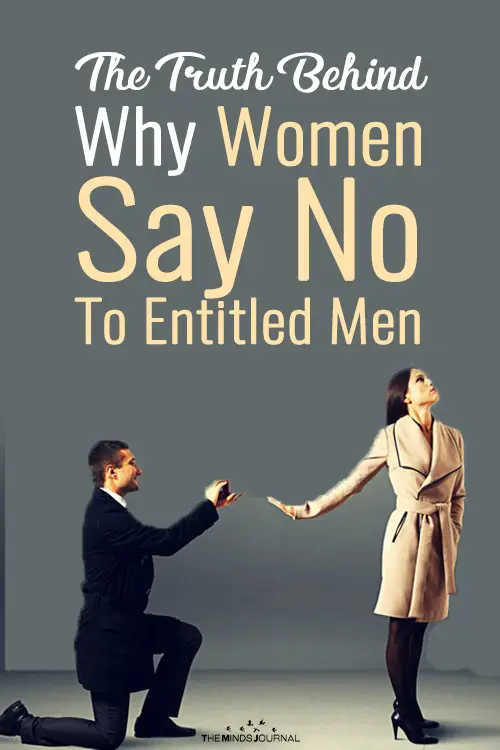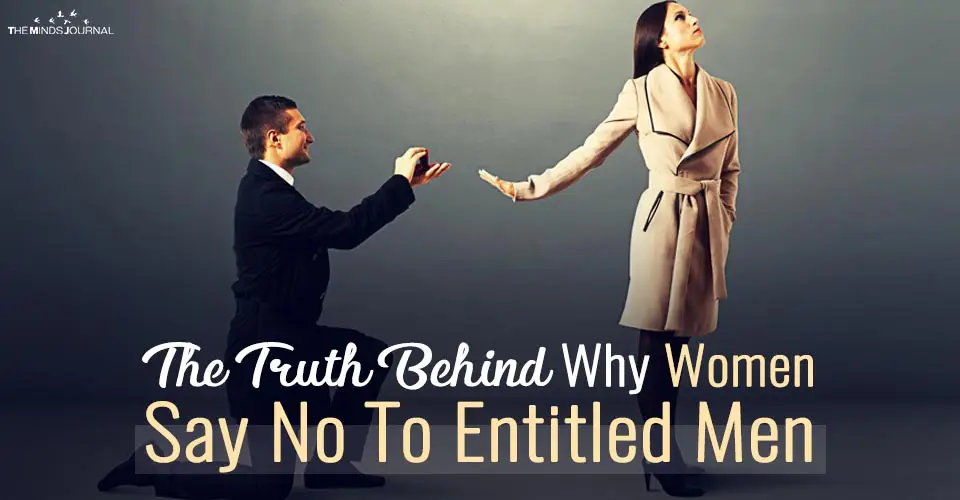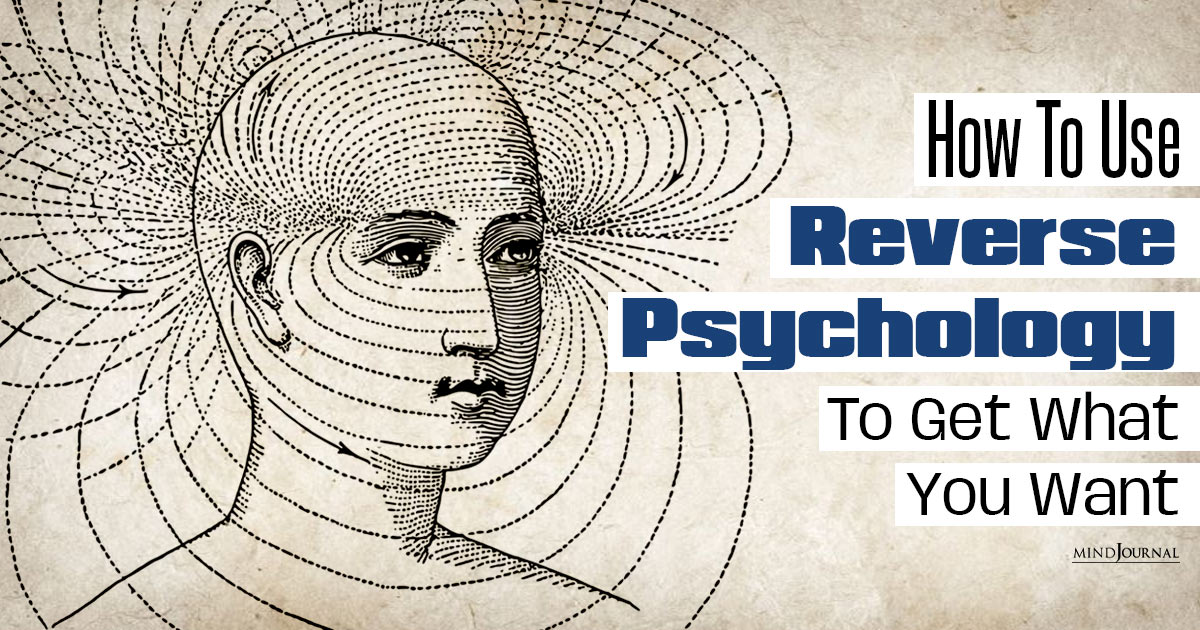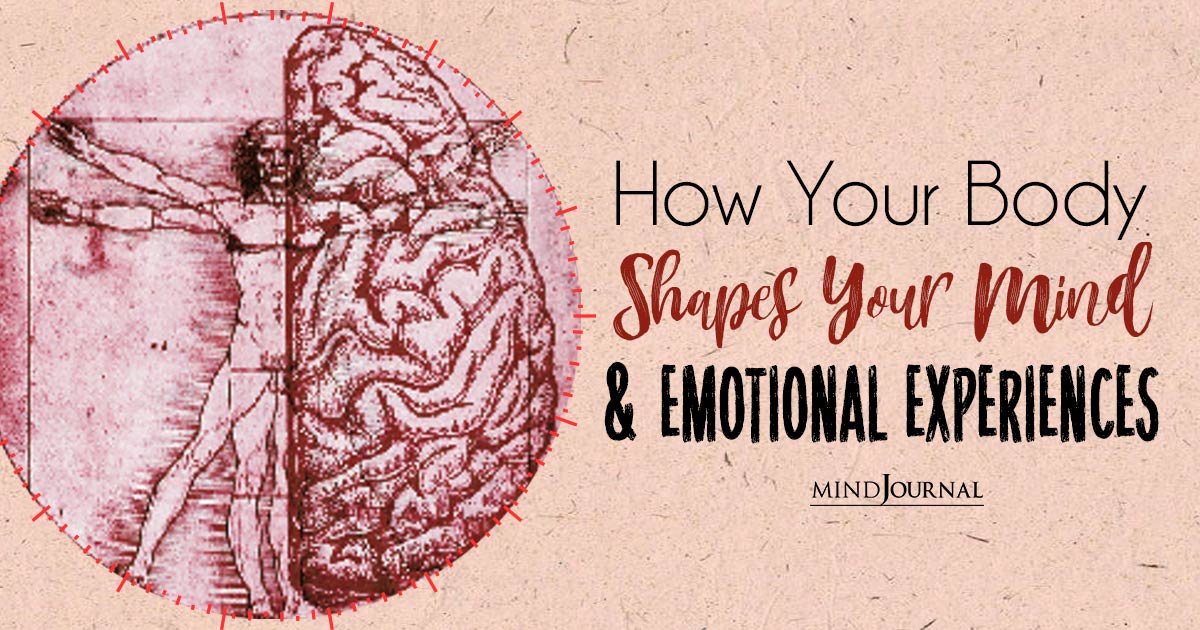‘Schadenfreude’ : Why are we pleased by others’ romantic misfortunes?
Why do women like to say “no” to attract people? Do we feel good when others feel bad?
My focus here is not on the (many) reasons that might justify saying “no” to men, but rather on why (some) women are happy to do so.
Pleasure at the misfortune of others (schadenfreude)
“It is not enough to succeed; others must fail.” —Gore Vidal
“In the misfortunes of our best friends we always find something which is not displeasing to us.” —Francois de La Rochefoucauld
Schadenfreude (the German term for feeling pleasure from others’ misfortune) has two obvious parts: our pleasure and someone else’s misfortune. These features express the centrality of the personal comparative concern in schadenfreude: the other’s misfortune somehow improves our situation.
In calculating our position, the misfortune of others appears on the credit side. In this sense, schadenfreude is close to envy: in both, the comparison of our fortune with that of another person is crucial. However, contrary to envy, in schadenfreude, we occupy the superior position.
Our personal gain while experiencing schadenfreude is mainly a brief psychological-comparative one. And it is a kind of symbolic and sometimes even illusory gain, as it does not really change our situation. Consider the following case: Oliver divorces Olivia and marries Charlotte, who, after a while, leaves him. Olivia may be pleased about this, but her benefit is not much more than a momentary, superficial boost to her ego.
I have suggested that a typical schadenfreude has three additional characteristics:
(a) the other person is perceived to deserve the misfortune,
(b) the misfortune is relatively minor, and
(c) we are passive in generating the other’s misfortune (Ben-Ze’ev 2000: Ch. 12; Ben-Ze’ev, 2014).
My focus here is on the issue of deservingness, which is central in many emotions, including schadenfreude and romantic love.
1. Romantic schadenfreude and deservingness
“I like to say no to men, especially the entitled ones who are seldom rejected. I know I’m not hurting them, but I’m sure they wonder why I don’t pursue their chase.” —A married woman
In my recent book, The Arc of Love: How Our Romantic Lives Change Over Time, I argue that as the romantic realm is a major part of our lives, most emotions show up to visit there at one time or another. The guest list contains “negative” emotions, such as envy, jealousy, hate, disgust, and schadenfreude, and the more frequent visitors are “positive” ones, such as sexual desire, admiration, attraction, and happiness. While, in general, partners should mostly be selecting from part two of the list, in cases of inequalities between the lovers, or in those in which love is not profound, envy and schadenfreude are likely to be present. In such circumstances, love is not the only player in town.
In schadenfreude, one believes that the other person deserves his or her misfortune.
The Australian psychologist Norman Feather (2004) demonstrated the centrality of this belief in schadenfreude. He showed that people are happier about the fall of apparently successful people, such as politicians or high-profile celebrities, than other people—and that this pleasure is best explained by the belief that such individuals deserve such misfortune, thereby being somewhat similar to the rest of us.
The married woman cited above further explains her pleasure in saying “no” to entitled men, by referring to the issue of deservingness:
“I love to watch the entitled man’s plumage as he demonstrates his prowess over me. The thought occurs inside my pretty head that he has performed this dance many times before. I have trained myself to understand the nature of peacocking and not to personalize the demonstration. I know it has been performed for many women in his past and not to flatter myself that it is unique for me. This makes the performance truly entertaining, as I secretly smile behind my sincere eyes, that the expected outcome has a surprise ending…I will say ‘No’ to this man. As much as I appreciate the show of feathers, there’s a hidden joy knowing I will turn the mighty peacock away, realizing it was never about me, but more about his collection of many a slain maiden left behind.”
The attitude of this married woman toward peacocking men shows why they deserve to be rejected—her pleasure is associated with the sense that justice has been done. Schadenfreude, then, may not be as immoral as we might think.
Another kind of schadenfreude is present in the following seemingly odd claim of a divorcee: “When I realized that my lover is still attracted to me, it was easier for me to release him.” The pleasure of this woman in her lover’s misfortune is based more on the enhancement of her self-esteem than on the misdeeds of her lover. Like other people, she cannot bear the thought of being abandoned by someone. Hence, when her comparative self-esteem is determined by the other’s misfortune, such misfortune is perceived as deserved.
Do you think men are bad with women’s rejections? Read 8 Reasons Why Men Should Deal With Romantic Rejection Better
2. Moral value
“We all have enough strength to endure the misfortunes of others.” —Francois de La Rochefoucauld
The philosopher Arthur Schopenhauer maintained that to feel envy is human, but to enjoy other people’s misfortunes is diabolical—the worst trait in human nature, closely related to cruelty and sadism.
I completely disagree. Schadenfreude is light years away from cruelty and sadism. It concerns minor and deserved misfortunes; it is generally a private enjoyment lacking any element of severe mocking or humiliation. Moreover, it is not concerned with those in an inferior position to us, but rather with those who are superior or similar to us.
Would you consider the lively married woman mentioned above, who smiles while politely saying “no” to a peacocking man, a sadist? Most of us would say that her behavior is close to being virtuous—after all, it feels like justice has been served. Schadenfreude may not be a virtue, but it would be hard to argue that it’s a serious vice.
Do you think women should care more about what entitled men think about them? Read 4 Things Women Don’t Owe To Men
There are many good reasons to say “no” to men. For example, the idea that this response will push away only unsuitable men who are only looking for immediate satisfaction—the good ones will stay; that it will make you more attractive, thereby generating a greater challenge, and that being authentic can be attractive. Although I did not focus here on these reasons, they can further explain why women enjoy saying “no” to entitled men (in a manner that they do not feel when saying “no” to less attractive men). Rejecting entitled men may enhance not only the women’s self-esteem but also the way men evaluate them. And this seems like a very persuasive reason for feeling pleasure while rejecting these men.
As apparent, there are lots of reasons why women choose to say no to entitled men. Feeding their ego further is something that most women do not indulge in nowadays, and that’s why in such cases, schadenfreude is perfectly justified.
If you want to know more about why women say no to entitled men, then you might like this video:
Written by Aaron Ben-Zeév Ph.D.
Originally appeared in Psychology Today









Leave a Reply
You must be logged in to post a comment.